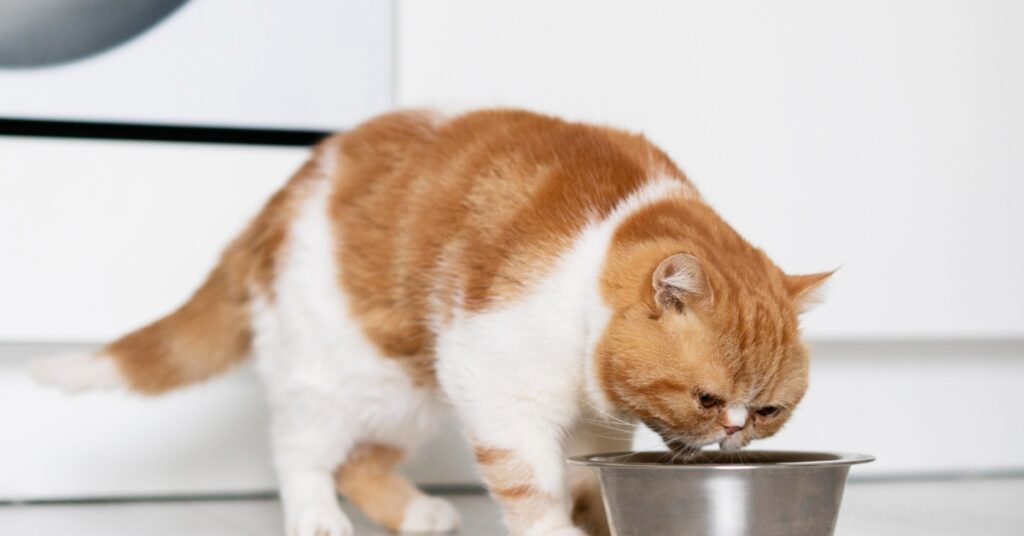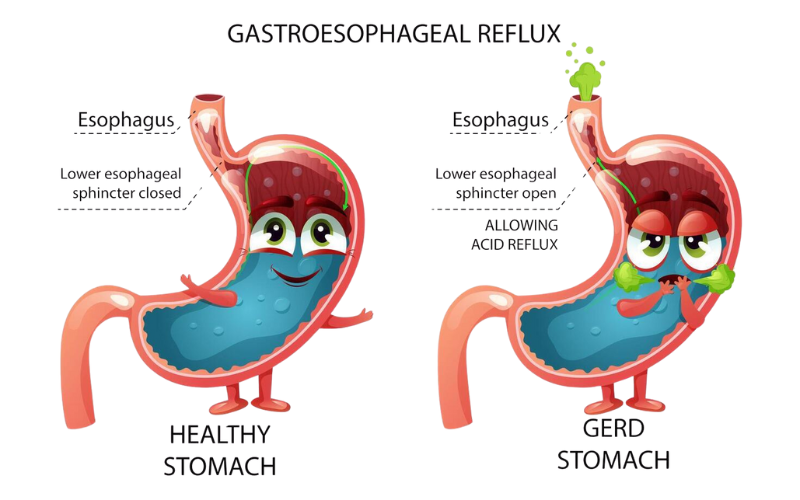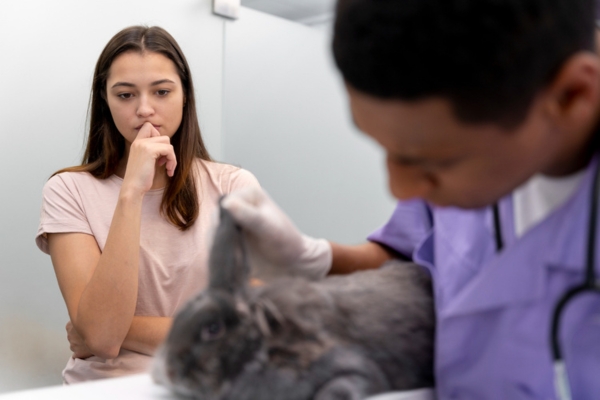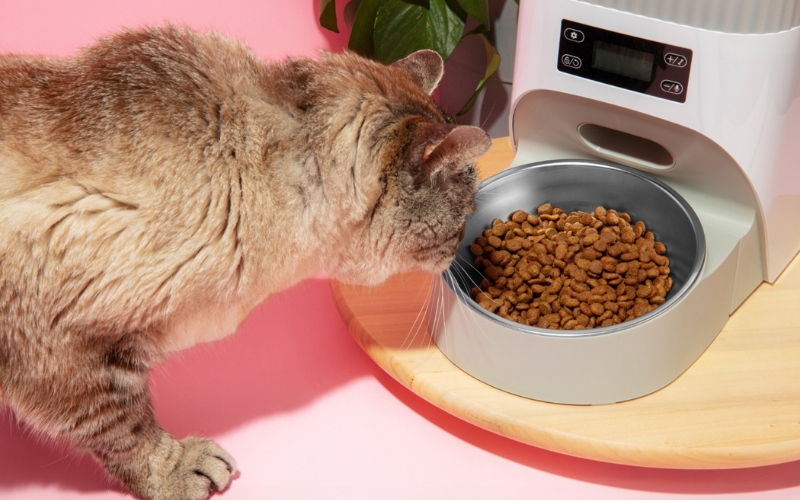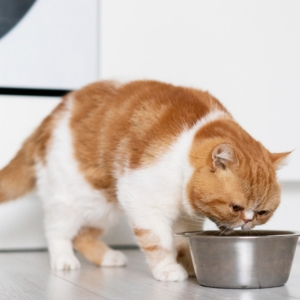Ultimate Cat Food Guide: Vet-Approved Tips, Best Ingredients & Food Types
Ultimate Cat Food Guide: Types, Ingredients, and Expert Tips for Every Cat Parent Choosing the right cat food is one of the most important decisions a pet owner can make. Whether you’re raising a playful kitten or caring for a senior feline, your cat’s health starts with their diet. But
